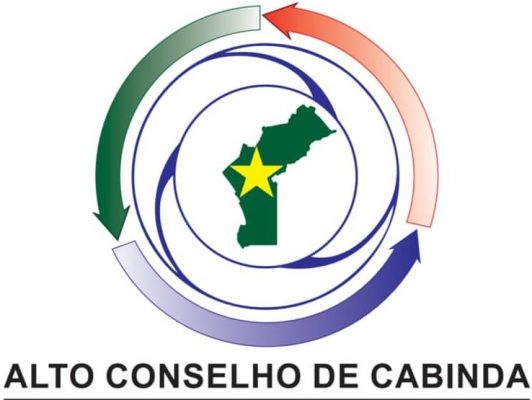Research by Maganza Lekwandanxi, Erick Munhoz, from Lemba, Content and Social Media Coordinator at ILABANTU / Nzo Tumbansi
“Cabinda is a region where modernism and the traditional are far from being confused. In the enclave, tradition imposes itself in due time. Tchizo, a village on the hill, with the same name, is a must-see place in the Cabindan tradition, at least for residents in the provincial capital.
In Tchizo, tradition is fulfilled to the letter according to the precepts left by the ancestors. The violation of customary rules in that region implies the application of a strict sanction. Alongside the villages of Ngoio, Povo-Grande, Chinzázi and Susso, Tchizo also has the presence of bakama, one of the most notable symbols of Cabinda culture.
Bakama are a secret institution of exceptional character, whose functions can be identified from the main occasions and circumstances of their exhibitions, in their mission as a bastion of purity and morality.
The origin of the bakama is remote and practically unknown, since it is difficult to determine with any certainty and rigor its origin, either in time or in space.
It is only known that, in the past, the bakama were linked to the cult “lusunzi”, a genius of the earth, who served as an intercessor between God, Creator and Lord of the Universe (Nzambi Mpungu or Nzambi Nvandji li Ilu ai Nsi) and men, since God was situated on such a superior and sublime plane and at such a distant distance that the ancestors had no access to Him.
Due to their mysterious and delicate character, the bakama, also known as “Zindunga”, are part of a kind of traditional Cabindan religion that intervenes with exhibitions in ceremonies for the installation of chiefs, funerals and tributes, prolonged and serious illness, expiation and purification, consecration and natural calamities and thanks.
Of the five occasions mentioned above that host the Zindunga, those of Tchizo are the most notable and referenced in the entire region. At the ceremonies, they appear in a total of ten masked men from Tchizo who, when called upon in their own circumstances, act both in public and in private.
The dress they wear is invariably made of dried banana leaves, whose mask is ornamented on cloths. After each exhibition, the leaves are burned and the masks are kept in a proper place out of reach of people who are not part of this secret organization.
The ten masked men from Tchizo are headed by Mabobolo, who has the Nzita hood and a cane at the top of the mask, which symbolizes the condition of superiority and the quality of chief. ”
Today, I introduce you to Benvu Lumuana :
Benvo : Docile, respectful, obedient
Benvo Lumuana : As an obedient and respectful child.
Na, Benvo Lumuana: Nandi libakamba nlongie babika ndásuka.
He is like a good son: He advises not to be angry with anyone.
It has a Kiela-Kiambavu (sawfish spine).
Kiela-kiambavu: Mana kuenda kuntuala, minu kukiela to.
I’m a sawfish: Going forward, I really cut.
Be obedient and docile to the laws, cutting and punishing where necessary. Even the choice of colors for this mask gives you a presentation of softness and lightness.
The other Bakama / Zindunga are :
Mabobolo
Manpana
Kilamba
Kumbukutu or Matona Mambuambu
Vanga Nsi
Mbenge Meso
Duengie Meso
Makaia Makonde-konde
Tendekele
Source : Ilabantu












